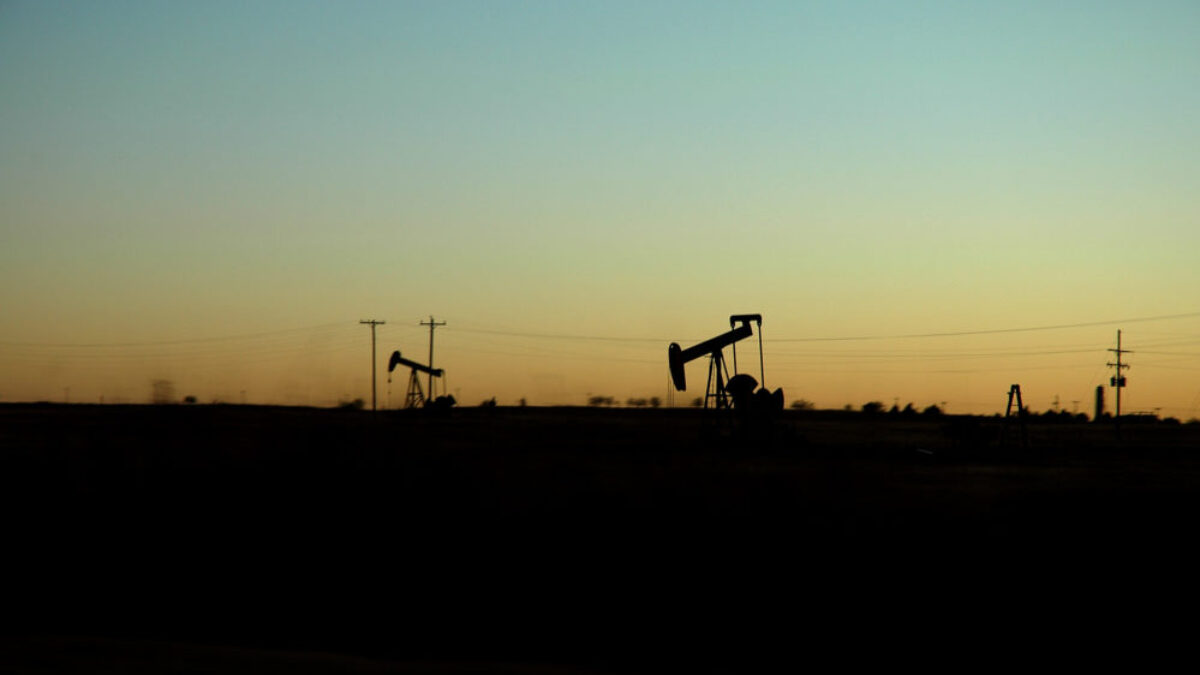
West Virginia Republican Treasurer Riley Moore led a coalition of 15 states last month highlighting $600 billion in assets they pledged to take from banks that embrace corporate wokeism and refuse to bank equally with fossil fuel companies.
“Just as each state represented in this letter is unique in its governing laws and economy, our actions will take different forms,” Moore wrote. “However, the overarching objective of our actions will be the same – to protect our states’ economies, jobs, and energy independence from these unwarranted attacks on our critical industries.”
The group promised “collective action” through an “economic boycott” of institutions denying their states investment. Signatories include chief financial officers from Arizona, Arkansas, Idaho, Louisiana, Missouri, Nebraska, North Dakota, South Carolina, South Dakota, Utah, Wyoming, Alabama, Texas, and Kentucky, in addition to West Virginia.
Absent from the letter are signatures from Republican state financial office holders in some of the nation’s top energy-producing states in fossil fuels, including Ohio, Oklahoma, and Alaska. All were top oil producers in 2020, and their constituents are under assault from the Biden administration’s pressure on Wall Street firms to deny their key industries investment for the crime of providing cheap and reliable energy.
“We can’t get capital because they’re putting so much pressure on banks not to lend to us in the name of climate change,” said Kathleen Sgamma, president of the Denver-based industry trade group Western Energy Alliance, who described Democratic Wall Street intimidation as the number one obstacle facing such producers.
In a statement to The Federalist, Alaska Gov. Mike Dunleavy’s office said the governor was “exploring all avenues to push back hard” against “financial discrimination and has reached out to other states.”
“It is unfair to Alaskans for large banks to benefit from the state’s need for fiscal services while at the same time denying financing for resource development projects that generate revenue,” wrote the governor’s office. “Such fiscal discrimination is unacceptable and will lead to negative consequences for the banks and the environment.”
The governor fell short, however, of directing his appointed commissioner of revenue, Lucinda Mahoney, to commit Alaska to the 15-state offensive against woke capitalism on Wall Street. Alaska is the 6th highest oil-producing state in the country, with projects to harness its vast natural resources already handicapped by federal control of more than 60 percent of its land.
While the governor’s office told The Federalist it anticipates to “make a plan public soon” against developmental obstruction from politicized financiers, a failure to join collective action seems inconsistent with Dunleavy’s call for similar statewide coalitions to form in the wake of left-wing hostility towards resource use.
On the sidelines of the Republican Governors Association (RGA) annual conference in Phoenix last month, Dunleavy told The Federalist he wanted resource-heavy states to band together to combat federal overreach standing in the way of development.
“We’re in the process of trying to actually form an alliance with as many Republican states as possible, because that’s what we have in common: the ability to develop our resources within our borders that benefit our people, protect the environment, [and] create jobs,” Dunleavy said. “So we’re having conversations with a number of governors about the prospect of forming a stronger alliance.”
In December last year, Dunleavy demanded legislation requiring state agencies to end relationships with financial institutions that bar investment from oil and gas or arctic development. Such a bill however, was never introduced. The independent Alaska Industrial Development and Export Authority (AIDEA) went on to publish a list of companies in August opposed to drilling in the Arctic to deter partnerships.
When reached by The Federalist, Oklahoma Treasurer Randy McDaniel’s office pointed to a similar letter signed with 14 other state financial officers in May warning of consequences to institutions engaged in prohibiting investment to fossil fuels. Oklahoma treasurers are elected independently of the state’s governor.
The letter, addressed to White House Climate Envoy John Kerry, condemned the Biden administration for its “command-and-control economic policies that attempt to bend the free market to the political will of government officials.”
“We intend to put banks and financial institutions on notice of our position,” they wrote.
McDaniel did not respond to The Federalist’s inquiry about why the treasurer did not sign the November letter putting banks on notice. Oklahoma, ranked 4th in oil production, benefitted from the industry adding the most real value to its GDP, generating $36.81 billion in chained 2012 dollars to its economy.
“Treasurer McDaniel has clearly expressed his opposition to the anti-free enterprise initiatives coming out of Washington recently,” wrote Deputy Treasurer for Communications Tim Allen in a statement to The Federalist. “He has a long record of supporting the Oklahoma oil and gas industry and that support has not changed.”
Ohio Treasurer Robert Sprague’s office, also a signatory to the letter to Kerry in May, did not immediately respond to The Federalist’s inquiry why Sprague did not sign the latest letter in November.
According to an analysis from PricewaterhouseCoopers (PwC) commissioned by the American Petroleum Institute (API) out this summer, oil and gas supported 375,000 jobs in Ohio in 2019. The industry also contributed nearly $59 billion to its 2019 GDP after powering the state through the 2008 great recession.









